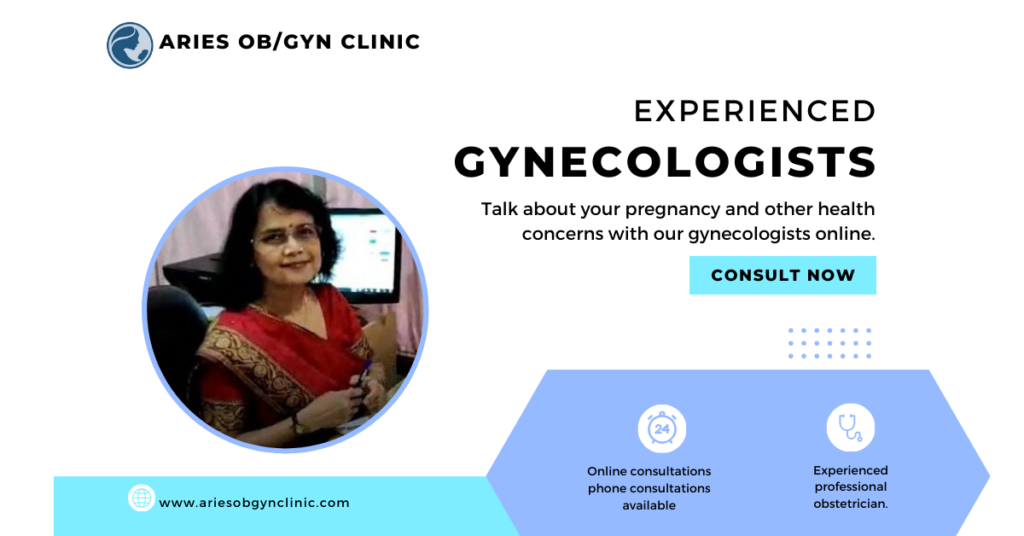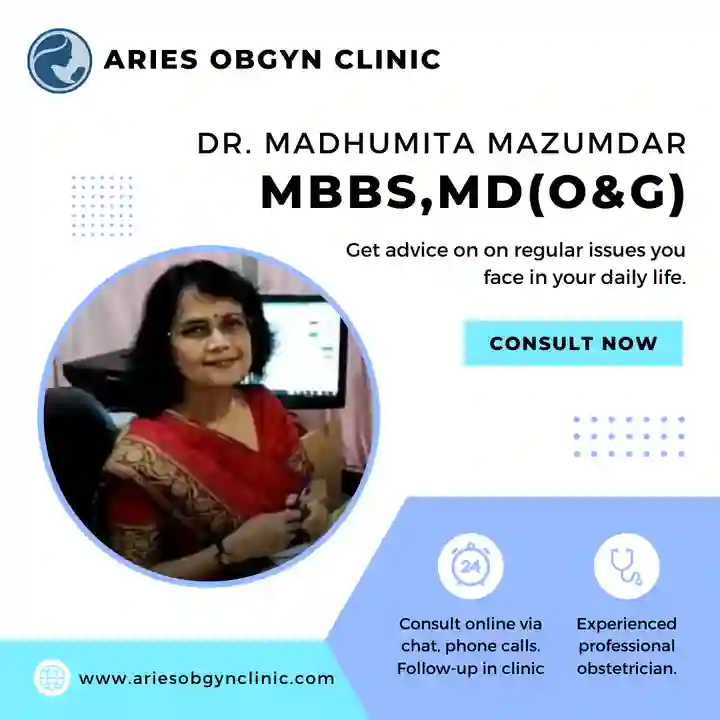I sat across from the young girl in my office. She looked nervous.
“Hello,” I said, smiling at her, trying to put her at ease. “How can I help you today? What problem do you have”
The girl smiled back hesitantly, “ I want to learn about birth control methods. I want to be safe.”
I nodded, appreciating the girl’s responsibility. “ How old are you? Since when have you been having sexual intercourse?”
“ I am 23 years old.” She said. “I have had sexual intercourse just a few times. But I am in a serious relationship now and I do not want to get pregnant.
“I’m glad you came to talk about this,” I said. “ It’s essential to be informed. There are various birth control methods available, and choosing the right one depends on your health, lifestyle, and preferences. Let’s discuss your choices.”
She paused a bit, then said. “I also heard some contraceptives have side effects. I want to use something which has the least side effects.”
I smiled reassuringly. “You’re right – different methods have different pros and cons. It’s important to find one that suits you. Let me explain a few options and their considerations:
Condoms: Condoms are readily available and protect against both pregnancy and sexually transmitted infections (STIs). They have no hormonal side effects and are easy to use. But not all people like to use it since it decreases sensitivity during sex. Also, it is less effective than birth control pills or IUDs. But is is most effective in preventing sexually transmitted diseases like Chlamydia, gonorrhoea, Herpes genitalis , HPV and genital warts and also HIV.
Birth Control Pills: Birth control pills contain hormones that prevent ovulation and thicken cervical mucus, making it harder for sperm to reach an egg. They are highly effective when taken correctly. However, they require daily commitment. Missing a pill or taking pills incorrectly can cause irregular bleeding. The hormones can also cause some side effects like nausea, weight gain, headaches, bloating, breast tenderness etc. not all women get these side effects and most women can take them daily without any problem.
IUD (Intrauterine Device): IUDs are small, devices inserted into the uterus. They provide long-term contraception, with some types lasting up to 10 years. They are reversible and offer a convenient option for those who want hassle-free contraception. Fertility returns within 1-3 months or removing the IUD. The only issue is that it can slightly increase the risks of an infection.
Birth Control Implant: This is a small rod placed under the skin of the upper arm. It releases hormones to prevent pregnancy and lasts for up to three years. It’s a low-maintenance option. It is quite effective. You will not get a period as long as you are on the implant, although it can cause some irregular bleeding at times.
Depo-Provera Shot: This is an injection that provides protection against pregnancy for three months. It’s a good option if you prefer not to take a pill every day. Like the Implant, it stops the periods but can cause some amount of irregular bleeding.
Emergency Contraception: In case of unprotected sex, emergency contraception pills can be taken within 72 hours to prevent pregnancy. They are not meant for regular use but serve as a backup option.
She nodded slowly, “What do you think will be best for me?”
“Do you have a family history of blood clots or breast cancer or migraines or high blood pressure?” I asked.
No,” she said. “ Are they dangerous to have?”
“Birth control pills can increase the risks of getting these conditions if you already have a family history. “ I said. If you have no family history, then taking birth controls pills would be best for you. But you will need to take them every days as directed.”
“Yes, I will remember,” she said. “I will be very careful.
The girl nodded, absorbing the information. “Thank you,. I feel much better knowing my options. Can I start taking birth control pills from today?”
“No, I said. “ Taking birth control pills need to be timed with the menstrual cycle. You can start taking them after your next period. I will give you a prescription now.”
‘Thank you,” she said.
I smiled, pleased that the girl felt more informed and empowered to make decisions about her health. “You’re welcome,” I said. Don’t hesitate to reach out if you have any more questions or concerns. Your health and well-being are important.”
Read More Questions and Answers on Pregnancy and Gynecology
Bacterial Vaginosis – Causes, Symptoms, Treatment , Prevention
What Is Bacterial Vaginosis? The vagina contains a number of bacteria which together make up the the vaginal microbiome. There are good bacteria, mostly lactobacilli,
Natural PCOS Solutions: Control Symptoms, Manage Irregular Periods, and Reduce Excessive Hair Growth
Tackling PCOS Symptoms: A Patient’s Journey with Dr. Madhumita Mazumdar Polycystic Ovary Syndrome (PCOS) is a common hormonal disorder that can significantly impact young women’s

Early Pregnancy Bleeding: Causes, Symptoms and Treatment
Early Pregnancy Bleeding can be due to benign causes like implantation bleeding or due to serious causes like miscarriage or ectopic pregnancy.




